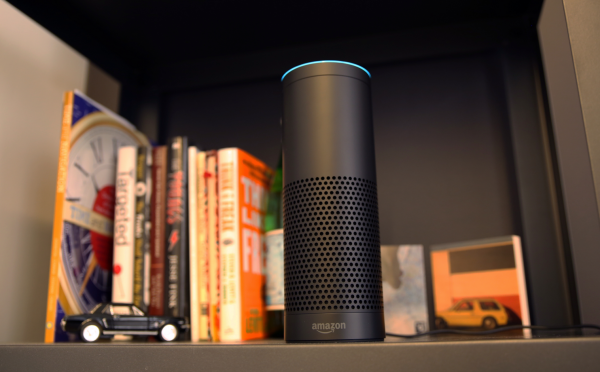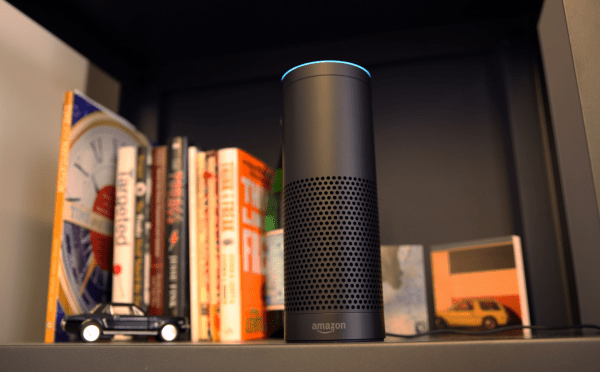

Amazon’s First Amendment fight was short lived. After pushing back against investigators, the tech giant handed over data from an Echo believed to contain vital information pertaining to 2015 murder. The move, which occurred on Friday, was initiated by defendant James Bates, who agreed to allow police to review the information retained on his smart home assistant.
Bates plead not guilty to the murder of Victor Collins, an acquaintance who was found floating dead in the hot tub at his home in Bentonville, Arkansas. The defendant told police he woke up to find Collins dead, believing the drowning to be accident. Investigators, on the other hand, believe Collins was strangled and drowned – and that Bates’s Amazon Echo may hold the key to his involvement in the incident.
Bates was charged with the murder in February of last year, and police approached Amazon with a warrant for information from the home assistant. Amazon complied in part, handing over a record of transactions. But the company pushed back against a request to hand over audio data, with a lengthy filing that demanded,
Given the important First Amendment and privacy implications at stake, the warrant should be quashed unless the Court finds that the State has met its heightened burden for compelled production of such material.
Amazon argued that handing over such data would constitute a violation of consumer rights and that the investigators’ case wasn’t cause enough to hand over data collected by the Echo’s on-board microphones. The real first amendment battle, it seems, will have to wait for another day, as it was Bates himself who offered up the information.
A hearing this Wednesday may offer more insight into what precisely the Echo heard, and perhaps more broadly, how much information the hub is gathered (and saved) via its always-on mics at any one given time. For Amazon and other hardware makers, this case is likely just the beginning of conversations around privacy and First Amendment rights surrounding over-more ubiquitous home assistants.
We’ve reached out to the company for comment.

